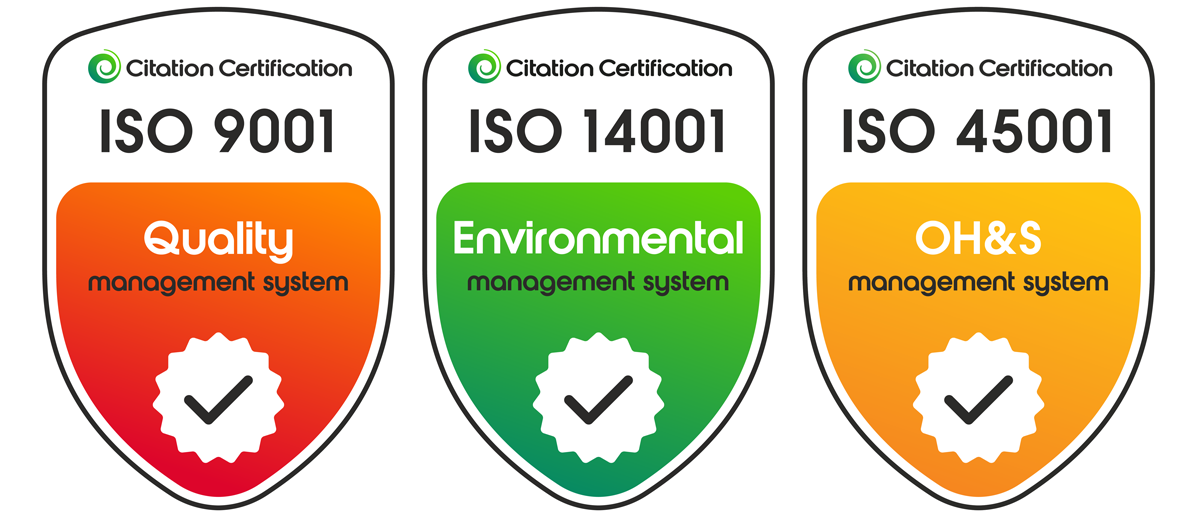Throughout history, monumental change rarely arrived as sudden epiphanies. More often, it emerged from quiet, persistent insights—small truths that, over time, redefined understanding and unlocked new frontiers. These subtle observations, though easily overlooked, form the invisible architecture of progress, enabling trust in complex systems and fostering the incremental leaps that define human advancement.
The Power of Incremental Insight: Defining Small Truths
Small truths are not grand revelations but subtle, cumulative observations—fragments of knowledge too quiet for headlines yet powerful in their persistence. Unlike flashy breakthroughs, they lower the threshold for acceptance and experimentation, creating a foundation of trust that supports larger, systemic change. As Newton’s work showed, progress often grows not from a single leap, but from many slow, steady insights.
- They lower the barrier to belief and action, encouraging exploration without overwhelming doubt.
- They act as trust anchors, grounding complex theories in observable, repeatable facts.
- Example: The microbial origins of disease, first hinted at by scientists like Pasteur in small lab observations, transformed medicine and public health.
Small Truths as Catalysts in Human Cognition
From an individual’s perspective, incremental learning shapes brain development by reinforcing neural pathways through repeated, manageable discoveries. Small, verifiable truths build cognitive resilience, enabling the mind to adapt to new challenges. Psychologically, consistent minor findings fuel motivation and confidence, reinforcing the belief that understanding is attainable.
- Incremental learning strengthens neural connections, making complex knowledge more accessible over time.
- Small, consistent discoveries reduce uncertainty, easing anxiety around new ideas.
- The brain rewards pattern recognition, turning tiny truths into lasting confidence.
From Individual Observations to Collective Advancement
While individual insights often remain unnoticed, they collectively spark paradigm shifts across generations. The bridge from personal certainty to societal change emerges not from singular moments but from the cumulative trust in small, repeated truths. This patience in validation and sharing turns individual learning into transformative progress.
How Small Truths Shaped Human Progress: Case Studies
History offers striking examples where small, often unheralded truths set the stage for revolution. Consider the discovery of microbial life: a quiet observation in the 17th century, through early microscopes, that reshaped hygiene, medicine, and sanitation for centuries.
| Discovery | Impact | Key Insight |
|---|---|---|
| Microbial life and germ theory | Transformed medicine and public health | Small observations under microscopes revealed invisible agents of disease. |
| Newton’s formalization of gravity | Established universal mechanical laws | Incremental insights from apple anecdotes guided mathematical laws governing nature. |
| Precision of early measurement tools | Enabled modern engineering and exploration | Minor advances in tools like the chronometer unlocked global navigation and industrial accuracy. |
Small Truths in Technology and Innovation
In modern technology, breakthroughs rarely stem from single genius moments; they emerge from countless small improvements. Semiconductor development, for example, relied on incremental material science discoveries—each minor advance enabling exponential growth in computing power. Similarly, iterative software testing—where small bugs are caught and fixed—multiplies productivity and reliability across systems.
- Semiconductor evolution: minor doping and crystal structure discoveries enabled microchips and the digital age.
- Iterative software testing: fixing small defects compounds into massive gains in speed and stability.
- Open-source collaboration: global developers contribute tiny, vital updates that fuel exponential innovation.
The Social and Cultural Dimension: Trust Built Through Small Truths
Community cohesion often grows from repeated, observable truths rather than sweeping ideologies. Small verifiable facts—like local health data transparency—can significantly reduce misinformation spread, strengthening collective decision-making. When people see consistent, evidence-based patterns, skepticism gives way to shared understanding.
For instance, during public health campaigns, releasing clear, localized data on infection rates builds trust faster than distant expert pronouncements. This trust enables coordinated action, turning isolated knowledge into widespread resilience.
Non-Obvious Depths: Why Overlooked Truths Often Matter Most
Many transformative insights remain hidden not because they lack value, but because they emerge from marginalized or undervalued knowledge systems. Indigenous ecological wisdom, for example, guides sustainable land use with centuries of incremental observation—insights often ignored until modern science validates their depth. Failing to recognize small, quiet truths delays innovation, but embracing them accelerates adaptation and sustainability.
- Indigenous knowledge systems uncover sustainable practices through patient, localized observation.
- Recognizing small signs delays progress—but embracing them fuels faster, more adaptive innovation.
- Large breakthroughs often arise not from bold leaps, but from sustained attention to overlooked details.
Conclusion: Cultivating Awareness of Small Truths for Future Progress
To advance meaningfully, we must train ourselves to notice and honor small truths—the quiet observations that quietly reshape the world. Encouraging curiosity about daily patterns, designing systems that validate incremental insights, and valuing patience in discovery are essential. As the linked exploration into convexity and connectivity shows, strategic progress often thrives not on loud announcements, but on the persistent, cumulative power of small truths.
> “Progress is not always loud—often it’s the quiet, persistent truths that lead the way.” — A reflection on cumulative knowledge and its enduring impact





